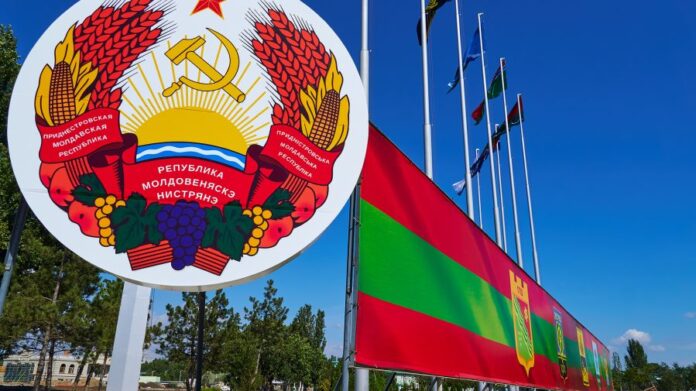On January 23, 2025, Anatoli Guretki, the so-called ”Prosecutor General” of the Transnistrian region, proposed a new initiative to the so-called ”Supreme Soviet” in Tiraspol. He suggested criminal penalties for individuals who collect, store, or transmit personal data or so-called ”classified” information to foreign citizens, organizations, or authorities. According to the ”draft law,” cross-border data transmission could lead to fines ranging from $1,800 to $2,700 or imprisonment for up to eight years. If an ”organized group” is involved, the penalties increase to fines between $2,700 and $3,150 or up to ten years in prison, according to the Promo-LEX Association.
”The term ‘personal data’ is vague and could include any information. In reality, these new penalties primarily protect information related to the leaders of Transnistrian structures, as well as paramilitary and law enforcement forces. This initiative follows the recent adoption of a similar law in the Russian Federation, further increasing the risks for journalists, human rights defenders, and anyone disclosing public interest information or collaborating with media from the right bank of the Dniester. In this context, Transnistrian authorities are equipping themselves with yet another tool to silence critical voices and discourage residents from reporting illegal activities and abuses in the region,” the association stated.
The ”draft law” adds to other measures aimed at hiding the identities of those responsible for the illegal imprisonment of residents under conditions equivalent to torture. As a result, Transnistrian residents continue to suffer under a repressive and opaque system, Promo-LEX added.
FOR THE MOST IMPORTANT NEWS, FOLLOW US ON TWITTER!
In 2022, Anatoli Guretki, the initiator of this ”draft law,” also proposed criminal penalties for individuals who appealed to Moldova’s constitutional law enforcement bodies, the European Court of Human Rights (ECHR), or UN committees. Moreover, ECHR rulings have found him guilty of human rights violations in at least six cases. This highlights the consequences of a deep-rooted culture of impunity that has persisted in the Transnistrian region for over 30 years, the association’s lawyers noted.
Given the constitutional authorities’ obligations, Moldova’s international commitments, and the responsibilities of worldwide partners, diplomatic missions, and human rights organizations, including the OSCE Mission in Moldova, Promo-LEX calls for:
- Swift and effective political and diplomatic efforts to immediately and unconditionally halt any initiatives or actions by Transnistrian authorities that undermine fundamental human rights on the left bank of the Dniester.
- The Moldovan government to inform mediators and observers in the 5+2 negotiation format, as well as development partners investing in human rights initiatives, about Transnistrian actions that discourage people from sharing or exposing public interest information.
- Linking certain economic and trade benefits or funding for the Transnistrian region to genuine guarantees of human rights protection, including unrestricted movement for journalists, lawyers, and human rights defenders who can monitor the situation, defend victims of abuse, and report on genuine conditions.
- Strengthening intervention efforts in cases of severe human rights violations in the Transnistrian region, including establishing an effective platform for reporting illegal activities in the area.
- Providing Transnistrian residents with informational support in cases of human rights violations and implementing proactive measures to inform them about available support, the institutions providing it, and the conditions for obtaining protection, legal assistance, or other aid forms.


